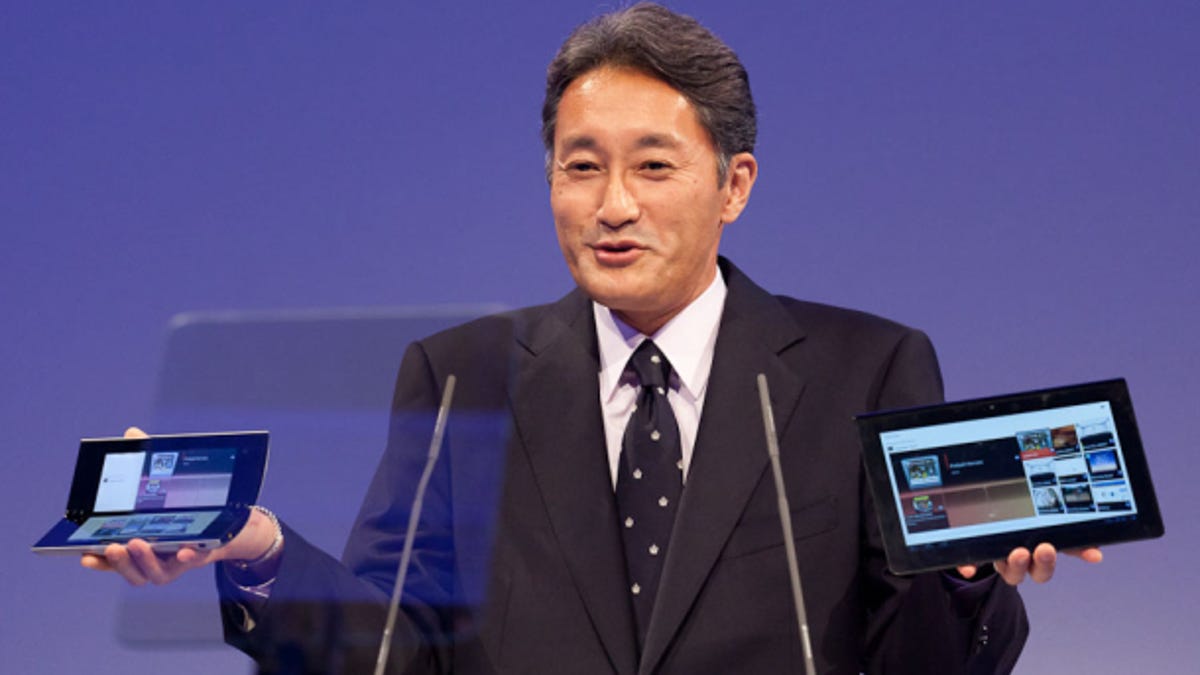Sony rebuffs hedge fund's plan to spin off entertainment unit
The electronics and entertainment company decides to keep all of its units under one roof despite being pushed by a major stockholder to divide up.

Sony has put its foot down after being pressured to split itself up by spinning off its entertainment division.
In a letter to Third Point hedge fund founder Daniel Loeb on Monday, Sony President and CEO Kazuo Hirai said the company's board of directors had unanimously decided to reject Loeb's spin off plan. Instead, Hirai told Loeb that Sony intends to continue owning "100 percent of our entertainment business."
In May, Loeb urged Hirai to break up Sony and sell off 15 percent to 20 percent of its entertainment division as part of an initial public offering. Loeb, who has about a 7 percent stake in Sony, also said he would accept a seat on the company's board.
Sony's entertainment arm includes one of the biggest film studios in Hollywood and one of the largest music labels in the world. Loeb has argued that Sony has been unable to successfully run its entertainment division, which includes Sony Pictures and Sony Music. He has also said that the company's entertainment unit lacks the "discipline and accountability" of rival companies.
In his letter to Loeb, Hirai said that a public offering is not consistent with Sony's strategy for profitability and shareholder value. He said the demand for content is increasing and that full control of Sony's entertainment business is good for the company's internal collaboration and flexibility.
"We have made many changes during my tenure as CEO, and we are confident that we are on the right path," Hirai said. "Sony's entertainment businesses are critical to our corporate strategy and will be important drivers of growth, and I am firmly committed to assuring their growth, to improving their profitability, and to aggressively leveraging their collaboration with our electronics and service businesses. We are determined to pursue sustained growth in profitability and shareholder value, so that we can meet and exceed the expectations of all of our stakeholders."
Sony reported a somewhat strong fiscal first quarter in the period that ended June 30. During this quarter, the company revealed that it generated $17.3 billion in revenue, a jump of 13 percent compared with the same period last year. It also recorded a $35 million profit, compared with a small net loss for the same period last year.
However, even with the profit, the majority of Sony's businesses suffered a disappointing quarter. Everything from Sony's Pictures business to its gaming operation saw their operating profits slip during that period.

